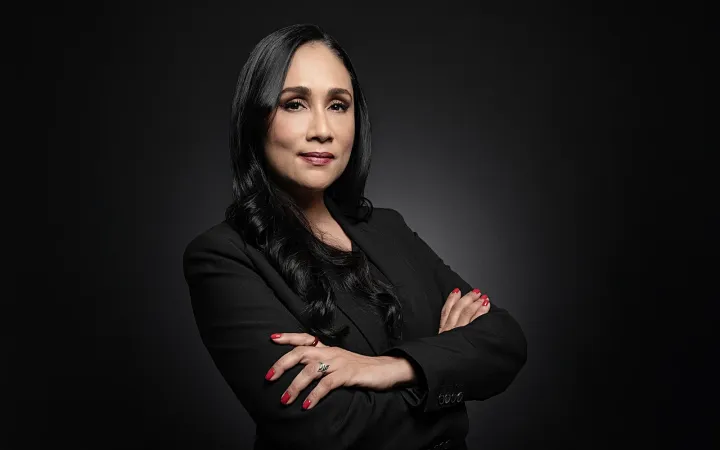Por Brenda Estefan
Donald Trump sorprendió al mundo este miércoles al anunciar que, tras una llamada de 90 minutos con Vladímir Putin, las negociaciones para poner fin a la guerra en Ucrania comenzarían "inmediatamente". Poco después, en su red social Truth Social, Trump se refirió al diálogo con el líder ruso en términos amistosos, en marcado contraste con la frialdad con la que describió su posterior conversación con Volodimir Zelenski. No es la primera vez que Trump muestra afinidad con el presidente ruso; después de todo, ambos comparten la visión de un mundo regido por la ley del más fuerte, en detrimento de un sistema internacional basado en reglas. Pero ahora, con el conflicto en Ucrania en juego, la pregunta clave es: ¿hasta dónde está dispuesto a llegar el presidente estadounidense en su acercamiento con Moscú?
La clave no está solo en las palabras de Trump, sino en lo que expresó el mismo miércoles su secretario de Defensa, Pete Hegseth, en Bruselas, durante la reunión del Grupo de Contacto de Defensa de Ucrania, el foro en el que los aliados coordinan su apoyo militar a Kiev. Hegseth fue categórico: "El retorno de Ucrania a sus fronteras de antes de 2014 no es un objetivo realista". El mensaje fue inequívoco: Washington no presionará para que Crimea vuelva a manos ucranianas ni respaldará una ofensiva para recuperar los territorios ocupados por Rusia. Más aún, Hegseth dejó claros los compromisos que Trump asumió con Putin en su llamada: Ucrania no ingresará a la OTAN y, tras el fin de la guerra, no habrá tropas estadounidenses ni de la Alianza Transatlántica en suelo ucraniano.




